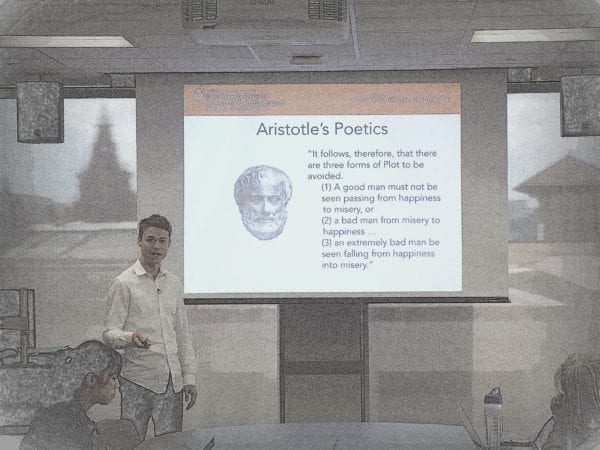
Most people spend their leisure time engaged in social interactions and mediated stories. My long-term goal is to examine the intersection of these two behaviors. I believe mediated stories are part of a larger set of nonlinear communication processes able to bind and polarize social groups. Explaining these processes is fundamental for media scholars, and useful for practitioners who rely on trust to persuade audiences. This talk identifies previously unexplored avenues for how mediated stories enhance interpersonal trust and cooperation. The talk will also discuss broadly the influence of recent advances in moral psychology and their impact on media and entertainment theory.
Dr. Robert Lewis is an assistant professor in the Stan Richards School of Advertising and Public Relations at UT Austin. He studies moral clarity and moral ambiguity in narrative entertainment, including how do the media synchronize our thoughts and emotions so that we can cooperate as a society. His research helps tie together different theoretical approaches in communication and related disciplines with the common explanatory threads of moral clarity, moral ambiguity, and the interpersonal-level effects they elicit. His work is published in outlets such as the International Journal of Arts & Technology, Mass Communication & Society, Journal of Communication, and Cyberpsychology, Behavior, and Social Networking.


